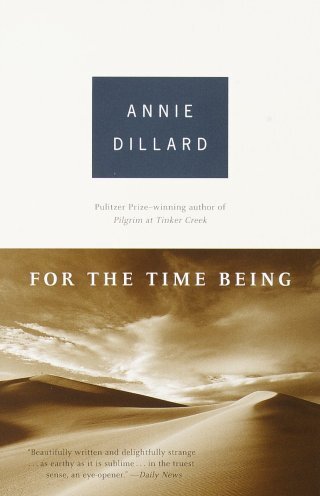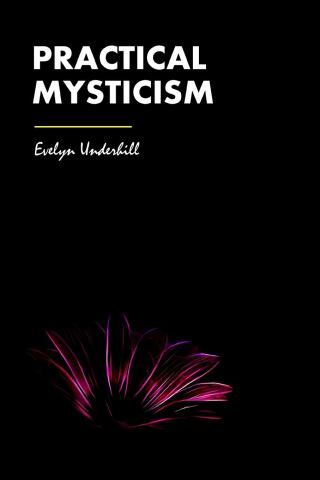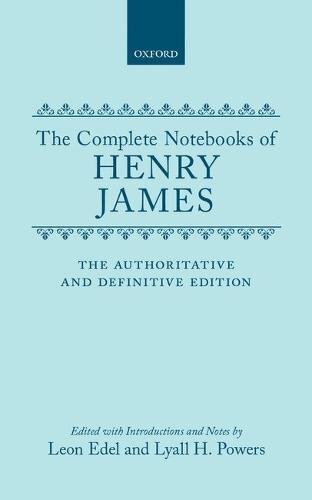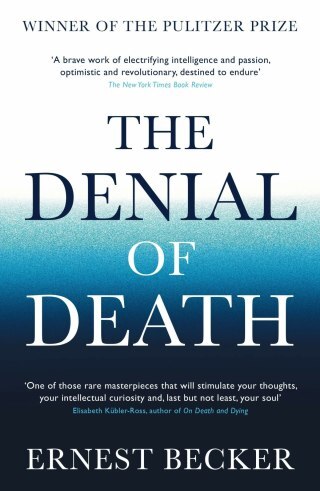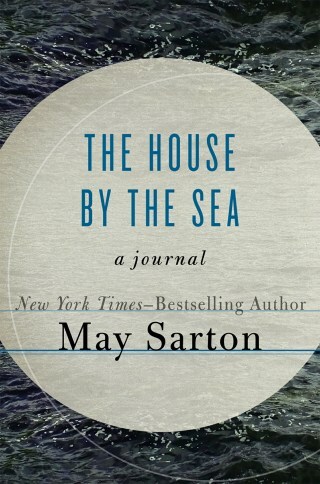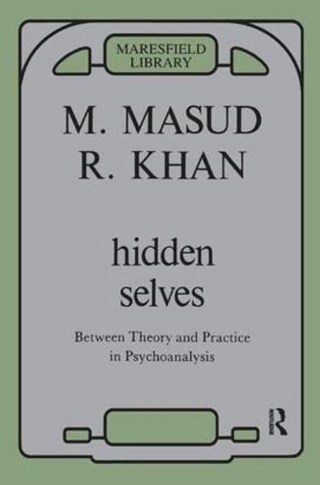Maria Popova's Blog, page 43
April 30, 2023
Loving the Tree of Life: Annie Dillard on How to Bear Your Mortality
“To die is different from what any one supposed, and luckier,” wrote Walt Whitman a century and a half before Richard Dawkins considered the luckiness of death as a radiant token of the improbable odds of having lived at all. Death — the harrowing fact of our mortality — is the central animating force of life, the one great terror for which we have devised the coping mechanisms of love and art. Everything we...
April 28, 2023
Practical Mysticism: Evelyn Underhill’s Stunning Century-Old Manifesto for Secular Transcendence and Seeing the Heart of Reality
The great paradox of consciousness is that it constitutes both our entire experience of reality and our blindfold to reality as it really is. Forever trapped within it, we mistake our concepts of things for the things themselves, our theories for th...
April 26, 2023
Henry James on Losing a Mother
“Every man or woman who is sane, every man or woman who has the feeling of being a person in the world, and for whom the world means something, every happy person, is in infinite debt to a woman,” the visionary psychoanalyst Donald Winnicott wrote as he considered the mother as a pillar of society. Having a mother is a lifelong complexity. Losing a mother, no matter the nature or duration of the relatio...
April 25, 2023
Heroism and the Human Search for Meaning: Ernest Becker on the Hidden Root of Our Existential Longing
“What makes Heroic?” asked Nietzsche as he was emerging from depression, then answered: “To face simultaneously one’s greatest suffering and one’s highest hope.” And yet one of the supreme challenges of humans life is, to borrow Rilke’s lovely phrase, to “go to the limits of your longing” — to fully surrender to your suffering, to fully step into your hope and own your desire for...
April 23, 2023
Let Your Heart Be Broken
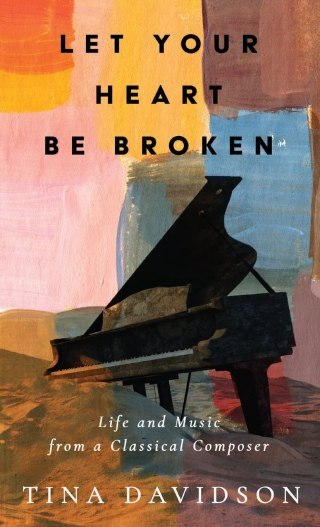
We spend our lives trying to anchor our transience in some illusion of permanence and stability. We lay plans, we make vows, we backbone the flow of uncertainty with habits and routines that lull us with the comforting dream of predictability and control, only to find ourselves again and again bent at the knees with surrender to forces and events vastly larger than us. In those moments, kneeling ...
April 20, 2023
How to Grow Up: Nick Cave’s Life-Advice to a 13-Year-Old
“Make your interests gradually wider and more impersonal, until bit by bit the walls of the ego recede, and your life becomes increasingly merged in the universal life,” Bertrand Russell counseled in his timeless advice on how to grow old. There is a lovely symmetry between this orientation to the winter of life and the na...
April 18, 2023
May Sarton on Writing, Gardening, and the Importance of Patience Over Will in Creative Work
The matter that we know — the stuff we can see and touch — comprises a mere 5% of the universe. All the rest is dark matter. We can’t see it, can’t touch it, can’t discern what it is made of or how it came to be. And yet dark matter is what holds galaxies together, what keeps the regular matter in place so that we may live.
I believe every creative practice is like that — only a small fraction o...
April 16, 2023
The Afterlives of the Soul: Sister Nivedita on Love and Death
Know as we might what actually happens when we die, we spend our lives trembling at the fact of our finitude, trying to wrest from it some greater poetic truth — something that slakes the soul’s thirst for meaning. Even the spiritual materialists among us are haunted by incomprehension at the cessation of consciousness — how can this entire carnival of wonder just, one d...
April 13, 2023
Magnolias and the Meaning of Life: Science, Poetry, Existentialism
Pastel-colored apparitions of tenderness, magnolias are titans of resilience. They have been consecrating Earth with their beauty since the time dinosaurs roamed it, long before bees evolved to give our planet its colors, pioneering the exquisitely orchestrated pollination strategies by which perfect flowers survive.
Today, for a precious week in spring, they bloom to remind us that life is livable, then die to remind us that it must be lived.
 Magno...
Magno...
April 11, 2023
The Art of Lying Fallow: Psychoanalyst Masud Khan on the Existential Salve for the Age of Cultish Productivity and Compulsive Distraction
I suspect our ability to ask the unanswerable questions that Hannah Arendt knew are the heartbeat of civilization is intimately related to our capacity for dwelling in a particular state of being beyond the realm of our compulsive doing. Bertrand Russell called it “fruitful monotony.” Adam Phillips called it “fertile solitude.” Walt Whitman c...

